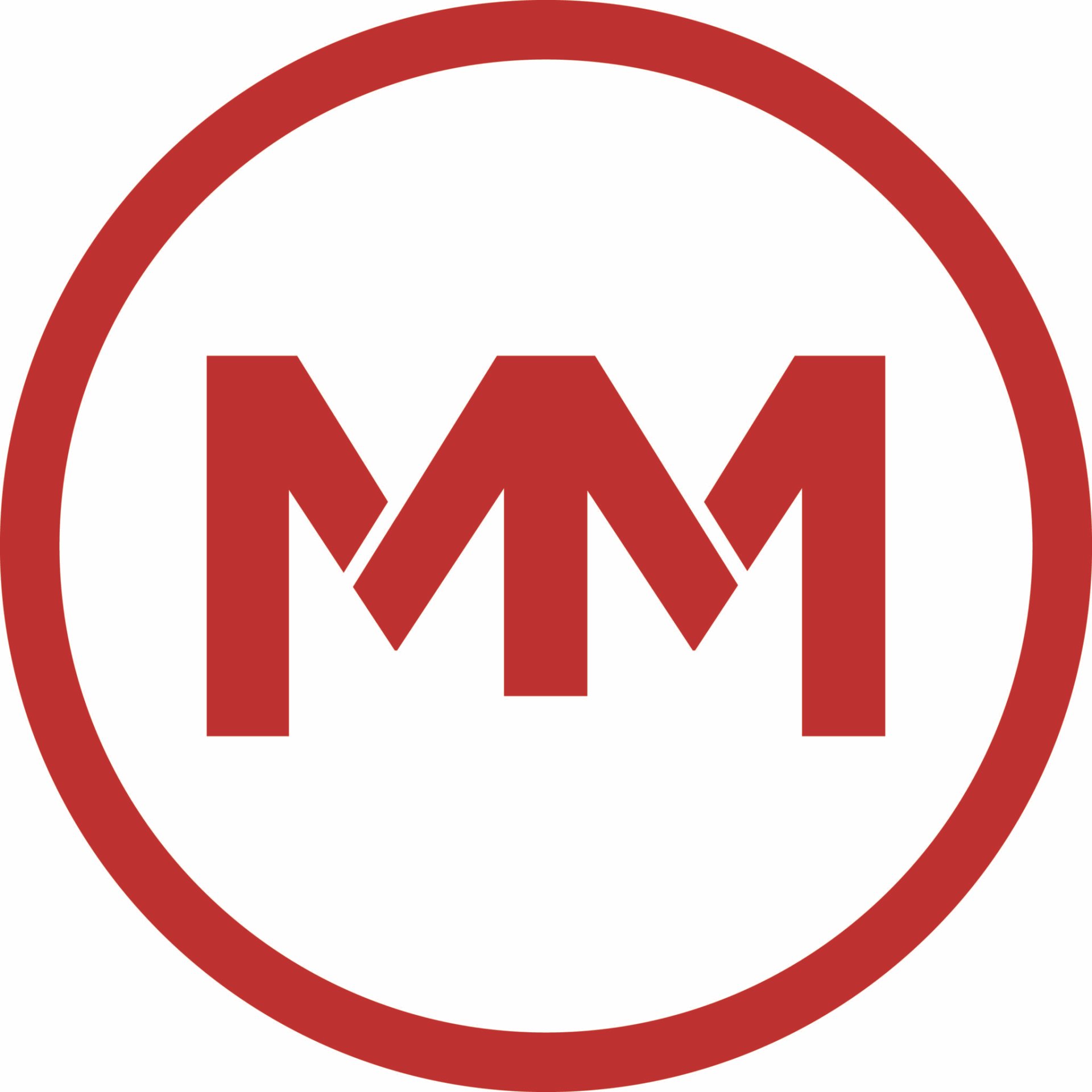6 tips for buying a home on a single income
If you fall into one of these categories, you are probably also facing at least one of these challenges; either having little or nothing saved for a down payment or your debt to income (DTI) ratio is too high. As a refresher, your DTI is the amount of debt you have to pay each month (like those pesky credit cards, student loans and car payments) divided by your monthly gross income. So when adding on your new mortgage payment, you don’t want your ratio to go above what you need to qualify.
But before you give up on your homeownership dreams, consider these six ways to overcome these obstacles and turn your dream into a reality.
Here are some tricks for overcoming the obstacles that come with buying on a single income:
1 - Pay down debt
Since having a high DTI is one of the main challenges people face, being able to pay down some of that debt can help get you on the right track to home ownership. Decreasing your current debt leaves room for taking on the mortgage debt that comes with buying a home. By proactively making room for more debt before buying, the payments become much more manageable.
When deciding what debt to pay down first, choosing the one with the higher interest rates can save you big time in the long run. Usually, debt from your credit cards or personal loans carry the highest interest rates, so it may be best to start there. Other things like car payments, medical debt or student loans are often a close second.
2 - Make sure your credit is in good shape
There’s a negative correlation between your credit score and your interest rate, meaning the higher your credit score is, the lower your interest rate will be. Those lower interest rates could potentially grant you lower monthly payments* and lower your amount of debt (keeping that DTI low), which means more savings!
If you’re ready to get your credit score in tip-top shape but don’t know where to start, that’s ok! Implementing some of our quick tips, like automating your payments, can help you take the first steps to better your credit.
*Your total finance charges may be higher over the life of the loan.
3 - Find Down Payment Assistance programs
Guess what? You don’t have to do all this work on your own. Some lenders offer down payment assistance programs that can help fund the cost of your down payment and closing costs. There are also state and local down payment assistance programs that can help with these costs too.
Having a helping hand makes affording a home a lot easier, especially with Movement’s Boost Program, which helps qualified borrowers with down payments and closing costs. If you want to know how these programs could help you, talk with a knowledgeable loan officer to learn more.

4 - Consider Government Backed Loans
Utilizing a government backed loan may be the key to making home ownership possible for you. These three types offer a range of help to people in different situations, all sticking with the goal of owning a home.
If you dream of living away from the hustle and bustle of cities or just wish that your home wasn’t touching your neighbors’, a USDA Loan may be what you’re looking for. This loan accompanies qualified homeowners moving to more rural areas with no down payment. But don’t think that means you have to live on a farm to qualify for this loan (you may be surprised at just how many areas close to major cities and towns qualify for USDA loans). Speaking with a Movement Mortgage loan officer near you will help sort out if this loan is the right choice.
If you have served our country, you may have earned some powerful homebuying benefits! Whether you served, are serving or are a surviving spouse, VA loans could be a great option. This loan does not require a down payment or private mortgage insurance and has competitive interest rates for qualified homebuyers. But maybe you're just a potential homebuyer concerned about your finances.
Just because you may not have much money saved for a down payment or have a less than perfect credit score doesn’t mean you can’t qualify for a loan. FHA Loan financial requirements only require a 3.5% downpayment, which could help you purchase a home even if you thought it was impossible.
5 - Gift Funds
In case you’re still worried about coming up with the money for your down payment but have someone who is willing to help, gift funds will be your new best friend. A family member, friend, or even your employer can offer gift funds to help you with your down payment or closing costs.
Gift funds work like gifts on your birthday; they’re from someone you know, and there isn’t an expectation of needing to repay whoever gave it to you. (Which is nice because having to pay someone back for your birthday presents would probably make for the worst birthday ever!)
6 - Get a Co-Signer
Needing some help qualifying for a mortgage isn’t a deal breaker. Sometimes having a co-signer, usually a family member or friend, on your mortgage might make qualifying easier. This person will be applying for the mortgage with you but will not actually be living in the home.
Two things to think about when choosing who to co-sign with are if they have a good credit score and if they are able to take on the debt of your mortgage without compromising their DTI.
It is important to remember that your co-signer is not a co-borrower, meaning they aren’t in charge of the payments, but they’re still liable. So if you miss a loan payment, your co-signer will be responsible for it, which could affect their credit score. It’s good for the co-signer to keep this in mind when choosing to use this method.
Are you ready to find your own place?
We know tackling home ownership alone is daunting, but that doesn’t mean it’s impossible. Finding a place to make precious memories with your family, kickstart your new life as a college graduate, or get a fresh start on the next chapter of your life makes taking on the challenge worth it.
Start small by calculating how much you can afford before house hunting to make sure your search is tailored to your situation. Get started and find a loan officer now for home ownership in the future!



